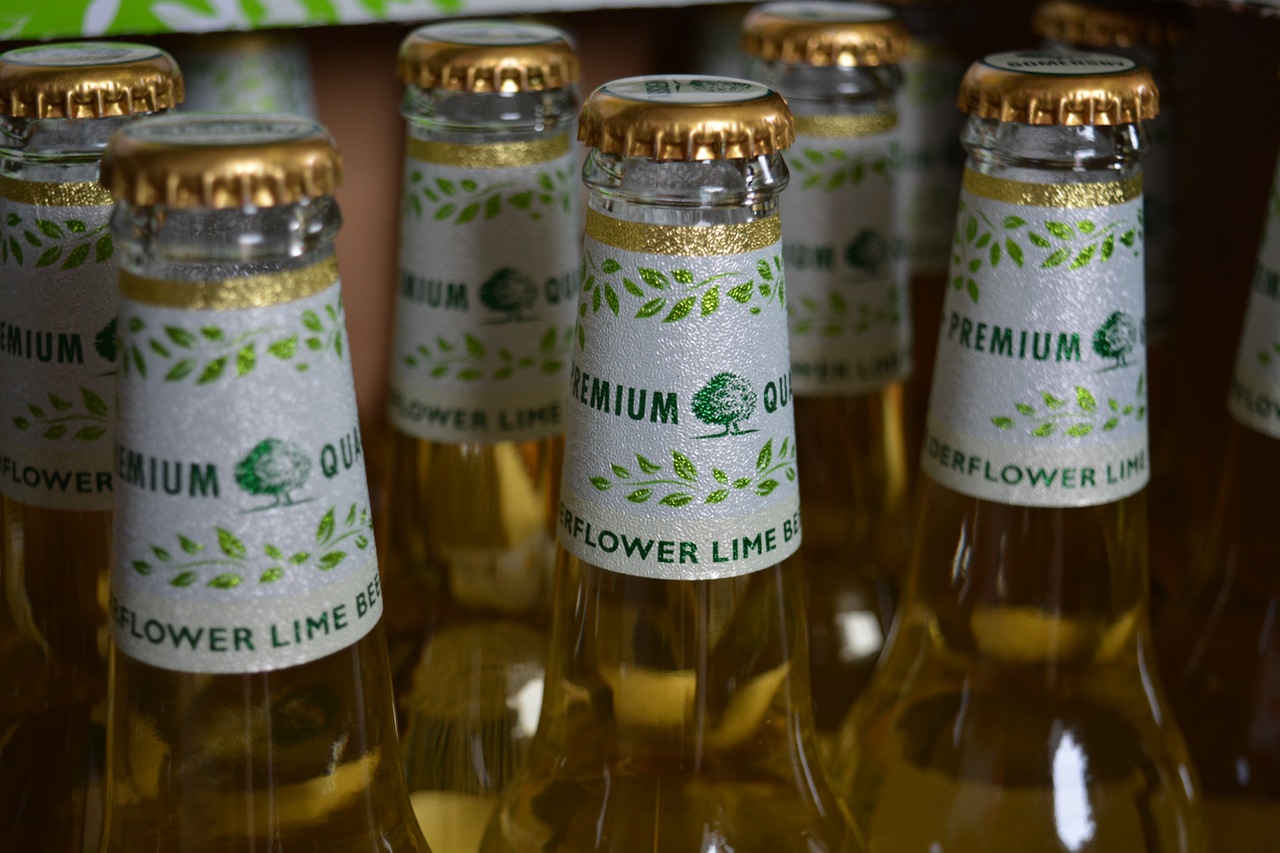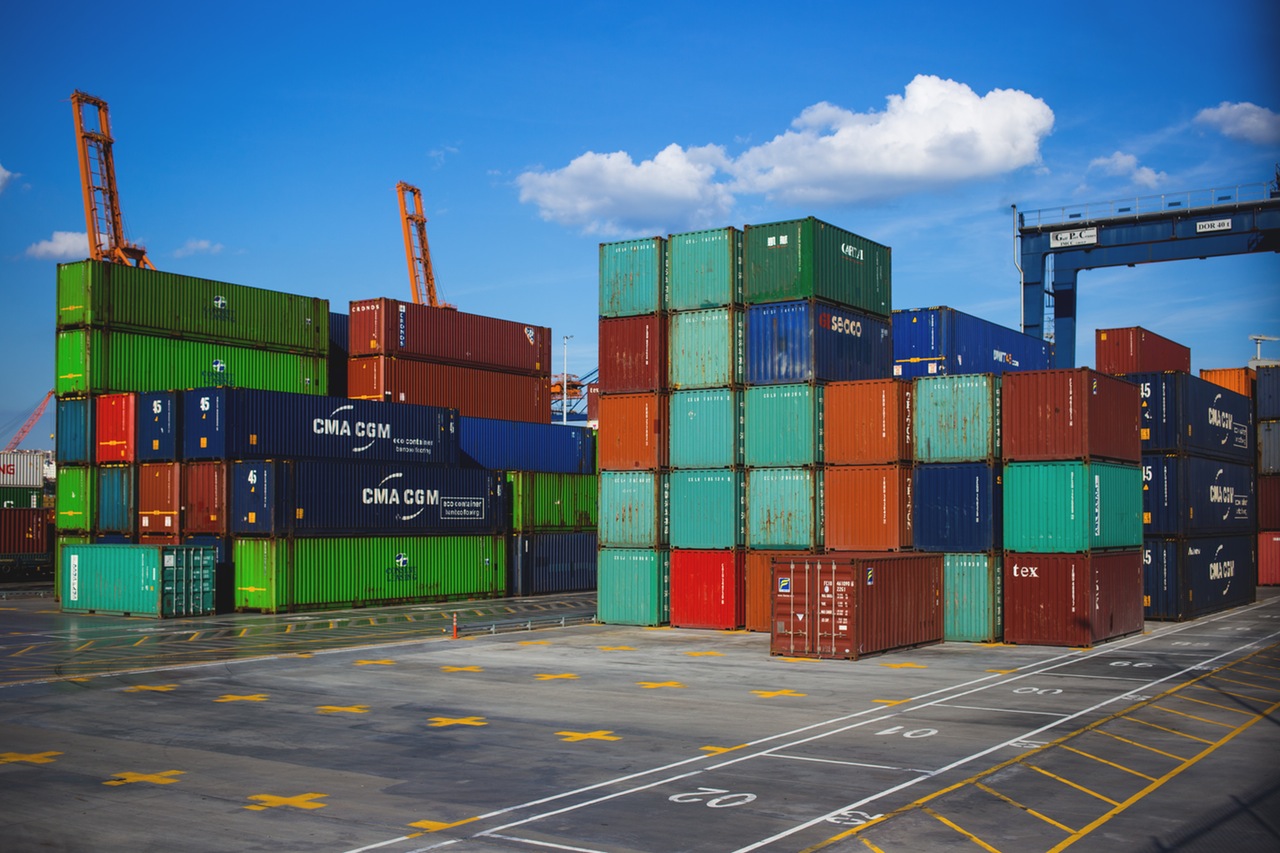
Admit it. You’ve once had to choose between a foreign product or a locally-made one and after much thought, you eventually decided to buy the latter. You probably reasoned that a pair of Nike shoes is of better quality and a better investment compared to handcrafted shoes from Marikina.
This situation highlights a common problem for local businesses in the Philippines. It can be extremely hard to compete with foreign brands given the consumer population’s tendency to favor foreign goods over local ones. This is especially true for startups and small businesses. Most established foreign brands already have a tight hold on the brand-conscious Filipino market. In a study conducted by market research firm Nielsen, it revealed that around 80% of Filipinos are more likely to buy a new product from a brand they are already familiar with rather than switch to a different brand.
R.A. No. 8800 or the Safeguards Measures Act was enacted to address this problem and give our local players a fighting chance. The law enables any person who represents a domestic industry threatened by imported products to file a petition to regulate the importation of the said products through higher tariff rates or even a quantitative restriction.
Instituting Action
If your business belongs to an industry which you believe is being threatened by an increase in importation of a similar foreign product, you may file an application before the Secretary of the Department of Trade and Industry (DTI) to prevent the said threat and ask for any of the remedies provided for by the law.
For your application to be considered, you must present evidence that establishes the following:
- (1) an increase in import of foreign products directly competitive with local ones,
- (2) the presence of serious injury or threat to the domestic industry; and
- (3) the causal link between the increased imports and the serious injury.
The existence of a “serious injury” is determined by competent authorities based on factors such as profits and losses.
The application must be submitted in 4 copies and should contain pertinent information including:
- 1. the identity of the applicant and a list of other domestic producers,
- 2. the identity of the foreign exporters,
- 3. the complete description of the product, data on the volume of imports for the last five years,
- 4. the safeguard measure requested.
Within 5 days, the DTI Secretary will assess the sufficiency of the evidence and decide whether to proceed with the preliminary investigation or not.

Preliminary Determination
If the DTI Secretary decides to proceed with the preliminary investigation, he will then publish a notice in a newspaper on the proceedings and notify all the respondents within 2 days. The said respondents will then have 5 working days to submit their response or comment.
Afterwards, the DTI Secretary has 30 days for the preliminary determination regarding the merit of the petition. If he finds that the alleged threat or injury to the domestic industry exists, he will transmit it to the Tariff Commission for a formal investigation within 3 days. Otherwise, he has to terminate the investigation.
Formal Investigation
The Tariff Commission after receiving the request from the DTI Secretary will initiate the formal investigation within 5 days by publishing a notice in a newspaper regarding the public hearing. The interested parties will be required to attend a preliminary conference to set the schedule for the hearing and other procedural matters. Afterwards, the Commission will require the parties to submit their evidence and position papers within 15 working days.
Based on the evidence submitted, the Tariff Commission will then determine whether the alleged threat or injury to the domestic industry exists or not. In doing so, the Commission must take into account relevant economic factors or correlations such as the significant increase in importation levels of the product and the corresponding decline in sales, profits, wages, and employment of the domestic industry.
Safeguard measures
If the Tariff Commission finds the alleged threat or injury exists, it may recommend to the DTI Secretary the following safeguard measures:
- (a) An imposition of any duty on the foreign product or an increase if one already exists;
- (b) An imposition of a tariff-rate quota (MAV or Minimum Access Volume) on the product or a decrease thereof if one already exists;
- (c) An imposition of any quantitative restriction on the importation of the product.

Depending on the circumstances and at its own discretion, the Tariff Commission may recommend a combination of the above mentioned measures. It may also choose to adopt other similar actions that can alleviate the threat or injury.
After receiving the Commission’s report, the DTI Secretary will then make a final determination on the existence of the threat or injury and decide whether to adopt the recommended measure or not. The DTI Secretary must make such decision within 15 days. If the determination is in the affirmative, he must issue a written instruction to all concerned government agencies to implement the measures within 2 days.
Final point
Take note that proceedings under the Safeguard Measures Act does not involve litigation However, due to certain procedural and technical matters in the application, you may need to hire the services of a lawyer to make sure you are doing things right. Moreover, filing an application under this law is not a trivial matter. As mentioned before, proceedings under this law is not a lawsuit that only concerns you and your foreign competition. The entire local industry, together with various interested parties, will be involved. The entire process may take several months before it is completed.
Furthermore, if your product is non-agricultural there is also the added burden of proving that the requested safeguard measure will be in the public interest. The public interest requirement states that an application will only be entertained if it can be proven that the requested safeguard measures will not cause an economic or political crisis and that it will not cause a shortage of the product in the domestic market.
In sum, the remedies under the Safeguard Measures Act should be availed of as something like a last resort. Improving your products or services and your marketing strategy should be your primary weapon against a foreign competitor. Since it involves matters of national policy and other economic and political considerations, applying for safeguard measures may not be viable for a small business that do not have the necessary resources and connections.